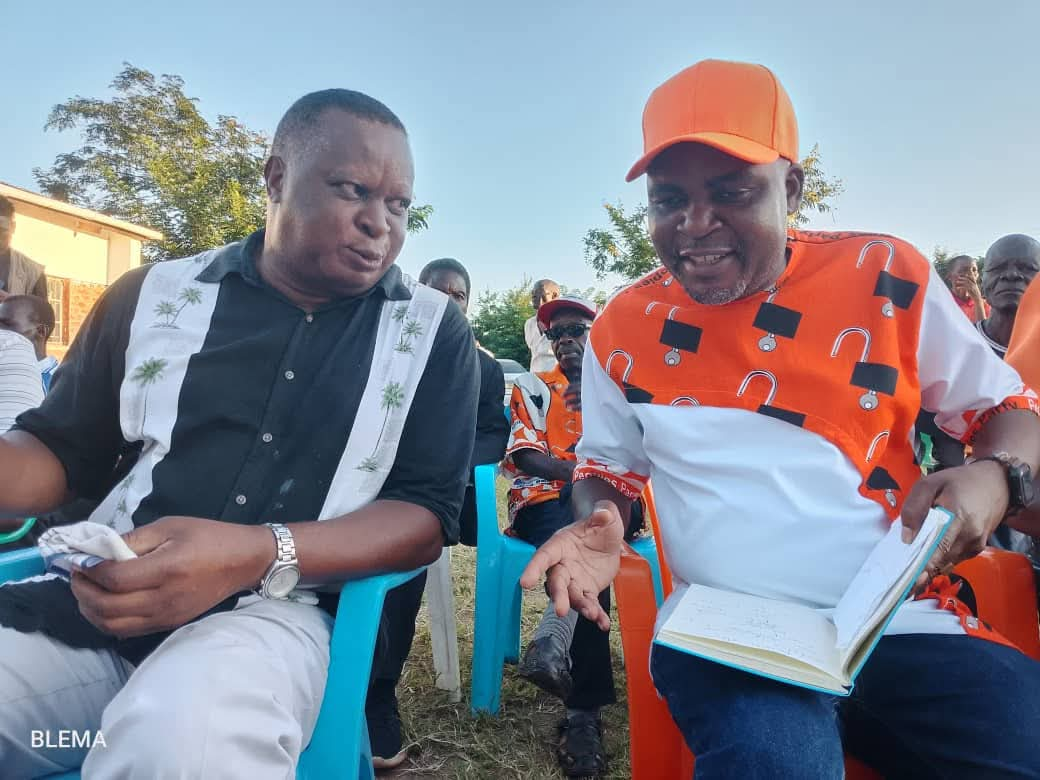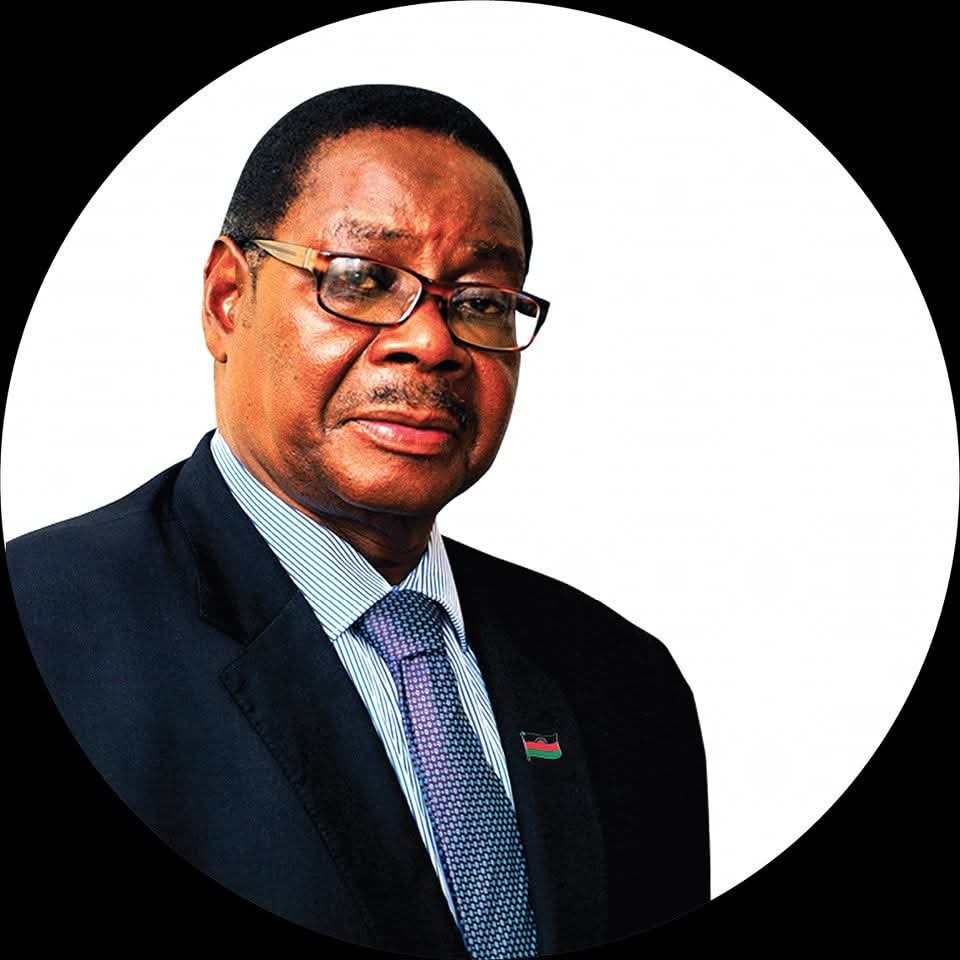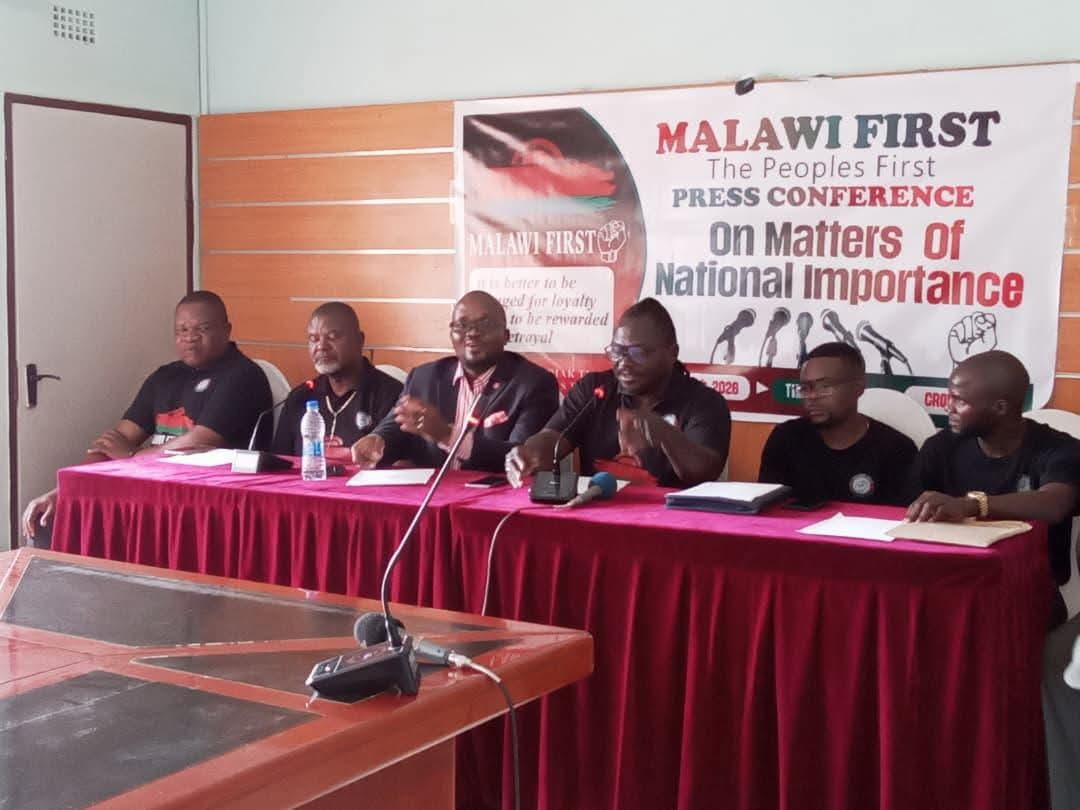By Burnett Munthali
Malawi’s economic struggles have once again taken center stage, as the government’s controversial purchase of four Toyota First Edition Prado luxury vehicles for K333,450,000 each has sparked outrage. Popular journalist and political analyst Jones Gadama voiced his strong disapproval in a candid interview, criticizing the government for prioritizing opulence over the pressing needs of its citizens.
When asked about his immediate thoughts on the luxury vehicle purchase, Gadama expressed both shock and disappointment. He pointed out the stark contrast between the government’s lavish spending and the dire circumstances of everyday Malawians. “It’s astonishing to see such extravagance at a time when many Malawians are struggling to put food on the table,” Gadama stated, highlighting the famine affecting regions like Machinga and Balaka, where some citizens are surviving on wild buffalo beans.
According to Gadama, this decision shows a severe disconnect between the government and the people it serves. “This is not just a poor choice; it’s a lack of empathy,” he added.
Gadama noted that the public’s reaction has been overwhelmingly negative, with many Malawians feeling betrayed by their leaders. The frustration, he said, is understandable. “People are angry, and rightfully so,” Gadama emphasized. “When citizens are starving and living in poverty, this purchase feels like a slap in the face, especially when basic needs are not being met.”
The outcry has highlighted a broader concern about the government’s inability to manage public funds effectively, raising serious questions about whether the administration truly has the nation’s best interests at heart.
Gadama did not mince words when discussing the government’s spending priorities. He argued that the purchase of luxury vehicles at such a critical time reflects deeper issues with the administration’s fiscal management. “This is irresponsible,” Gadama stated bluntly. “Funds should be directed toward essential sectors like healthcare, education, and providing food for the starving.”
He pointed out that hospitals are lacking basic supplies, schools are in disrepair, and many citizens are struggling to survive, yet the government has chosen to allocate resources for luxury cars instead. “This kind of decision-making is unforgivable,” Gadama concluded.
Gadama also discussed the political ramifications of this purchase for President Lazarus Chakwera, whose administration is already facing declining public support. “Chakwera’s reputation is on shaky ground, and this decision could cost him dearly in next year’s election,” Gadama warned.
With a promise to prioritize economic growth and accountability, the president’s indulgence in such extravagance appears contradictory. Gadama believes that the timing of this purchase, so close to the elections, could further alienate the electorate. “It paints him and his administration as out-of-touch, which is dangerous politically,” Gadama observed.
Beyond the immediate political fallout, Gadama pointed to the troubling symbolism of the luxury vehicle purchase. “To the public, it says, ‘We are above you, and your struggles don’t matter as much as our comfort,’” Gadama explained.
He also expressed concern over the broader economic impact, suggesting that such profligate spending could discourage investor confidence. “No one wants to invest in a country where the government is more focused on personal luxury than improving the economy and supporting its citizens,” Gadama remarked. He warned that Malawi cannot afford to alienate investors, especially given the fragile state of its economy.
In his concluding remarks, Gadama offered a path forward, urging the government to make an immediate public apology and redirect funds to critical sectors. He stressed that future decisions on luxury purchases must be transparent and involve public oversight to avoid similar controversies.
“Malawians are demanding accountability,” Gadama said. “If the government ignores this, the consequences could be politically and economically catastrophic.”
Finally, when asked about the possibility of Chakwera losing next year’s election, Gadama called for thorough investigations into the misuse of public funds. “If Chakwera and his administration are found guilty of looting taxpayers’ money, there should be no hesitation in holding them legally accountable,” he stated firmly. Gadama believes that ensuring accountability would mark the beginning of a new era of transparency in Malawi’s politics.
Jones Gadama’s analysis offers a sobering reminder of the importance of responsible governance. His critique of the luxury vehicle purchase underlines the need for Malawian leaders to refocus their priorities on the urgent needs of the people. As the nation approaches the 2025 elections, this issue could play a pivotal role in shaping the future of Malawi’s political and economic landscape.




